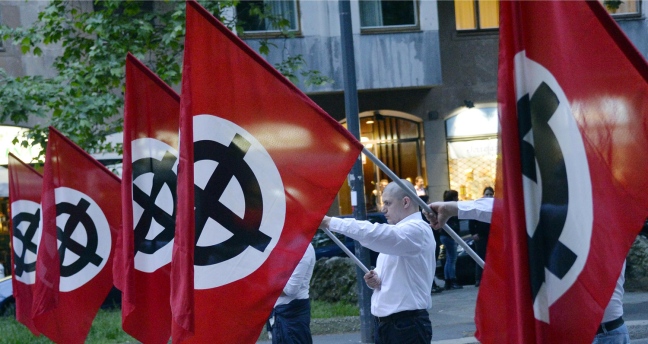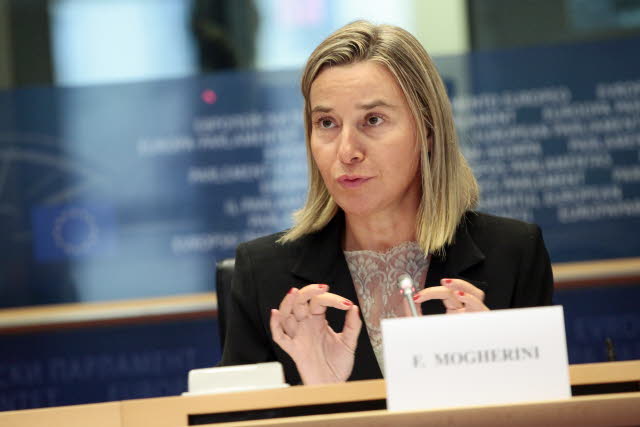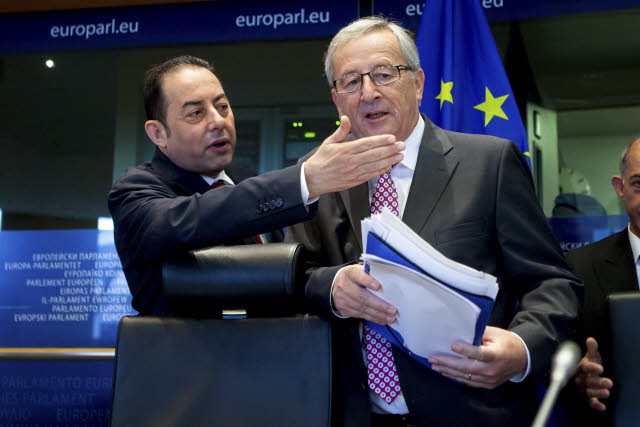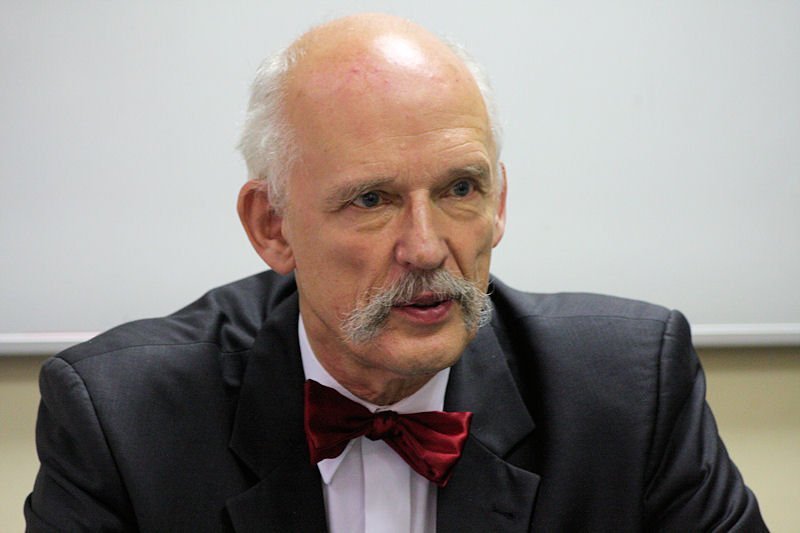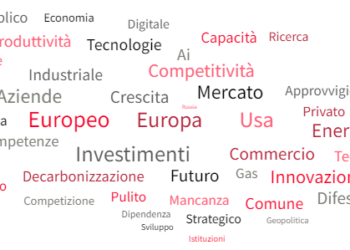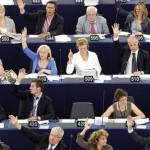
The European Union is not a mere single currency union. Please note that the European Parliament cannot do much about it. The EU is far more than a single currency: let’s try to be aware of this during the following months, which lead to the European Parliament elections. Be aware of what we say. Be aware of what and whom we listen to.
The much-discussed single currency issue will prevail during the forthcoming electoral campaign – for sure, a very interesting issue. A matter on which the European Parliament cannot do much, as well. Nevertheless, the euro will be the focus in the electoral campaigns of several right-wing parties – even though the discussion is open in the centre and left-wing ones too: they all will pretend our representatives in Strasbourg can rule on a special treatment Italy should be given dealing with monetary policy. Consequently, listen carefully to the proposals made by those parties which – not being short on populism (because of that MEPs’ lack of powers on amending monetary policies) – will tune their priority on the cancellation or ease of the single currency mechanism. While listening, try to discover their real target: what are they going to do with the powers they get as MEPs? Political ideas are important, as it is essential to speak your mind and discuss about each them. On the other hand, we must bear in mind that the people we elect will take decisions on our behalf, will rule on some of the themes discussed during the campaign, will legislate on crucial matters. Even though the decisions taken will not affect the existence of the single currency.
Hence, the candidates must tell their potential electors what they are going to do not only about the single currency. Their audience could be made up of eurosceptics, or euro-fighters, but the debate cannot be focused only on whether to remain into the Eurozone or not. There are crucial matters on the table: human rights, emergency aid resources and funds in case of major calamities, EU balance sheet, trade treaties with third countries (such as the TTIP with the US), privacy protection, and choice of the European Commission President and of the Commissioners. MEPs can have their say on the matters on which they have real powers.
The incumbent members of the European Parliament has recently adopted important resolutions on Agricultural Policies (which accounts for about half of the EU balance sheet), on tobacco and on smoking, that is, on our health. The next EP is to discuss and legislate on the EU fiscal policy: those are really “our money” at stake (not the currency we use for accounting them!). In addition, the new climate and energy package, as well as resolutions on the environment policies. These are the topics affecting people: parties and candidates have to explain their ideas about them.
It will be necessary to understand which the priorities are for parties. It is not just the things they can do (in the end, even the disappearance of the euro is a possibility, hence it “can be done”). It is about the things they have to do, about the crucial decisions we expect them to take. From foreign affairs to new standards for building bicycles, protection of people from unhealthy food, safety of toys, protection of citizens from bank crises, definition of the amount of money to be given for the Erasmus participants: these are just some of the themes the European Parliament is called to legislate on. The EP legislates on about 75% of the laws later applied in the Member States: parties should gather their electors’ approval on that. I mean, specific proposals for real issues.
Bear in mind that some months after the European Parliament elections, it will be necessary to choose the new European Commission – and the EP elections will be ‘heavier’ in the process, this time more than ever. A parliamentary vote will define the European Commission President and the Commissioners, who will then manage European policies and submit legislation. Hence, the Parliament is bestowed a huge decision power on each issue to be discussed: let us be careful in deciding the person we are sending there on our behalf.
Lorenzo Robustelli
